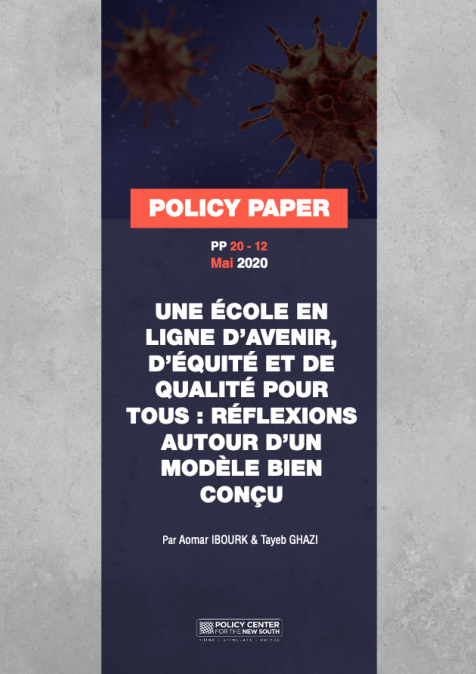Le Policy Center for the New South organise une présentation sous le thème « Transitions et contre-transitions démographiques dans le monde arabe, causes et conséquences » par M Youssef Courbage
Speakers

Youssef Courbage
Directeur de Recherche en Démographie, INED (France)
Youssef Courbage est un démographe syrien et chercheur à l’institut national d’études démographiques (INED). Longtemps expert des Nations unies, il a effectué de nombreuses missions au Moyen-Orient et en Afrique du Nord.
Il a été expert à l’Unesco puis aux Nations unies à Beyrouth (1973-1975), au Caire (1975-1977), à Yaoundé (1977-1979), à Port-au-Prince (1979-1984) et à Rabat (1984-1989), puis chercheur à l’Institut national d’études démographiques (Ined), à Paris. Entre 2003 et 2005, il a été détaché à l’Institut français du Proche-Orient (Ifpo) à Beyrouth, dont il a dirigé le département des études contemporaines. En 2005, il est devenu directeur de recherche en démographie à l’Ined.
Il est l’auteur de plusieurs ouvrages dont : Chrétiens et Juifs dans l’Islam arabe et tur ...






